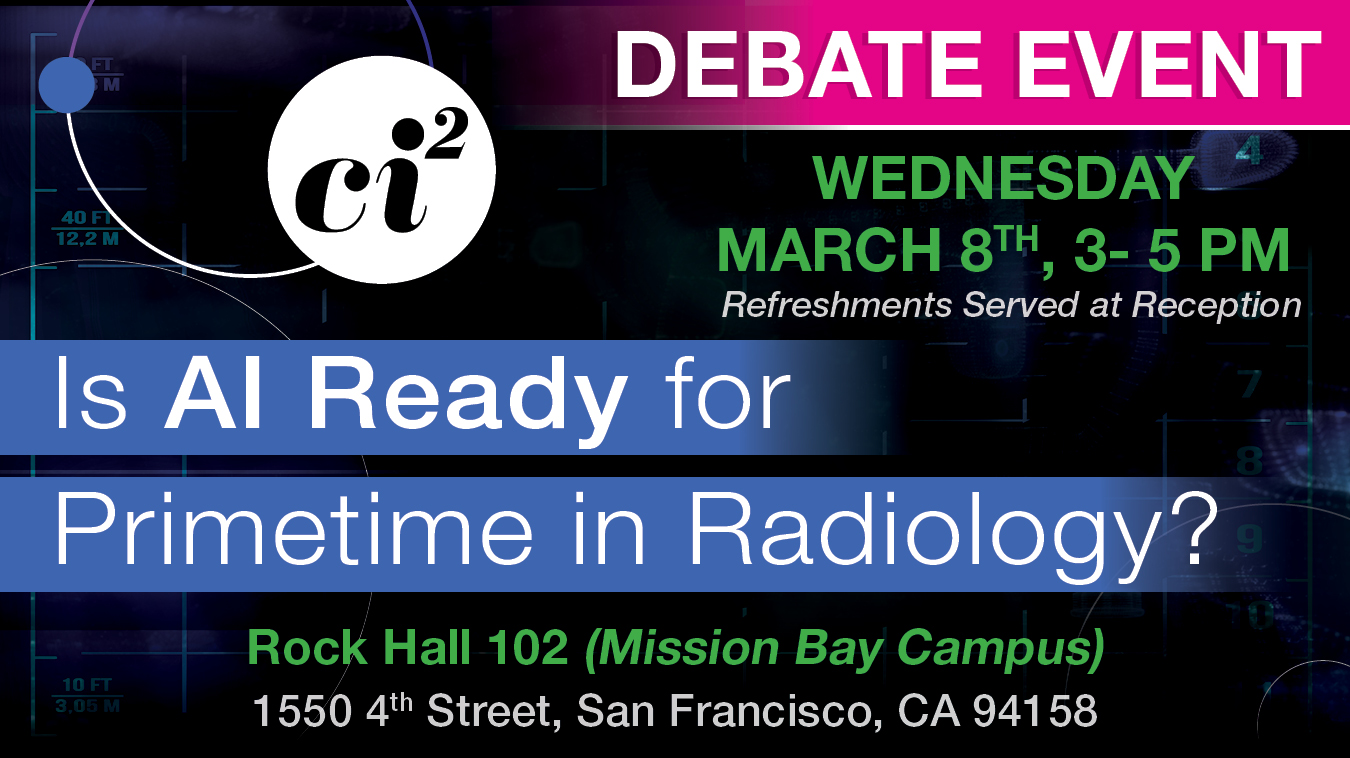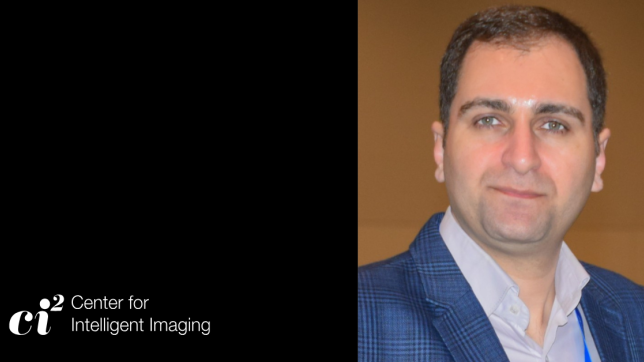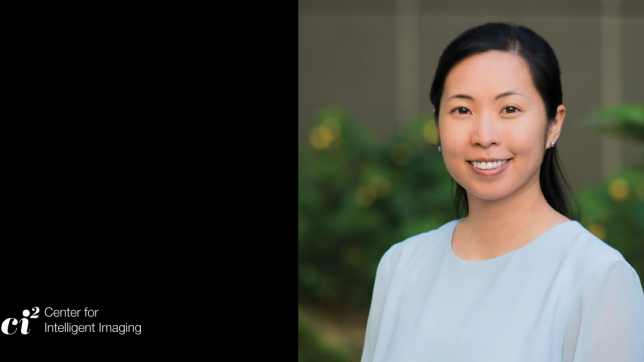Join the Center for Intelligent Imaging (ci2) for the debate Is AI Ready for Primetime in Radiology?, in which Sharmila Majumdar, PhD, has brought together world-renowned scientists to engage over this pivotal question.
This is the inaugural event of the ci2 3rd Anniversary – Explore, Recognize, Celebrate! Additional activities for the celebration are scheduled throughout 2023.
An AI revolution in healthcare delivery is around the corner, or indeed already here. Artificial intelligence (AI) proponents say we are entering a new era of science when no idea is too big, as AI can process raw data at a scale beyond any human specialist. How far are we from the debut of "RadiologyGPT," and what would that mean for the future of imaging? Our expert debaters will engage in a lively discussion on the benefits and limitations of AI and share their insights on its readiness to be implemented in clinical settings.
Dr. Davatizkos says, "When people talk about implementing AI in the clinic, the common idea is that in order for this technology to be fully adopted, it has to fit smoothly into the existing pipeline of how radiologists or clinicians perform their routine. But that view is fundamentally wrong. Humans can adapt faster than machines, so when the time for adoption comes, it will only succeed when the human users retrain and redesign their process by which things are done."
Dr. Lungren is focused on the awaiting potential of AI in our big data world. "In our normal imaging operations, we create mountains of data that then just sit there after the initial use to answer a specific question. But in addition to the information a human expert can extract, there is a possibly infinite list of data that may be irrelevant to the initial question but could help that patient with some other question or potentially drive another use case. AI has the potential to pull connections out of those enormous populations and identify risks no one was looking for or create far more granular categories for diseases."
Radiology has seen AI systems advance from performing in key but limited areas to beginning to match or surpass human performance in interpreting entire diagnostic imaging studies with multimodal analysis. This has led some commentators to label radiologists as the next batch of people to see their job description be entirely supplanted by a program. But is there truly any chance of radiologists one day going the way of calculators and word processors?
Please join Dr. Majumdar and on Wednesday, March 8 at 3PM in Rock Hall 102 (UCSF Mission Bay) as they welcome Matt Lungren, MD, MPH (UCSF, Microsoft, Nuance Communications), Christos Davatzikos, MD (Penn Medicine) who will take opposing views on this important topic as they are moderated by John Gore, PhD (Vanderbilt). Atul Butte, MD, PhD (Bakar Computational Health Sciences Institute at UCSF) will give the introductory remarks followed with Dr. Majumdar giving a background introduction of ci2.
Dr. Lungren is a physician and clinical machine learning researcher. He will be taking the podium in favor of AI readiness and says, "Today we are in a shockwave moment when an exponentially advancing technology is combined with exponentially expanding data. We live in a linear world. It's hard for us to really put wrap our heads around exponentials, but this is another scenario like many throughout history when exponential growth makes trends feel like jumps."
Dr. Davatzikos is a senior professor at the University of Pennsylvania department of Radiology and Director of the Center for Biomedical Image Computing and Analytics. Chosen to advocate hesitancy in this debate he points to the remaining limitations. "AI can detect very complex patterns that even the best trained human brain cannot process. However, today's AI do not explain why they are coming up with the conclusions they deliver, often when they are interpreting things beyond human potential. How do we trust conclusions we cannot ourselves recreate?"
Their conversation will be moderated by Dr. Gore, Director of the Vanderbilt University Institute of Imaging Science and Vice-Chair for Research for the Department of Radiology and Radiological Sciences at Vanderbilt.
The debate will be a lively and engaging affair that addresses the serious topic of AI's role in radiology and biomedical imaging. At the completion of the debate, ci2 will host a reception outside of Rock Hall 102 and invite all in attendance to participate.
Please click to RSVP. The deadline to receive your response is Tuesday, February 28th.




